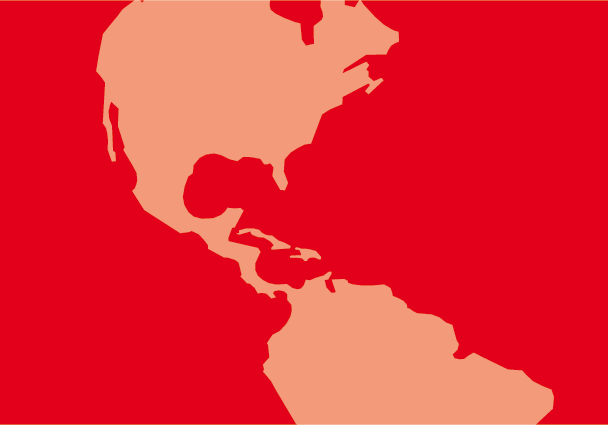
Aug 13, 2014 | News
Declaración de la CIJ al finalizar su reciente visita al municipio de Rabinal, departamento de Baja Verapaz, y sus reuniones con dirigentes comunitarios y defensores de derechos humanos.
La Comisión Internacional de Juristas visitó el municipio de Rabinal, Departamento de Baja Verapaz, del 6 al 8 del presente mes. En dicha visita los delegados de la CIJ tuvieron oportunidad de conversar con dirigentes comunitarios y defensores de derechos humanos y recabar información sobre la situación que se vive en el municipio.
Descargar la declaración: Guatemala-Inquietud en Rabinal-news-web story-2014-spa
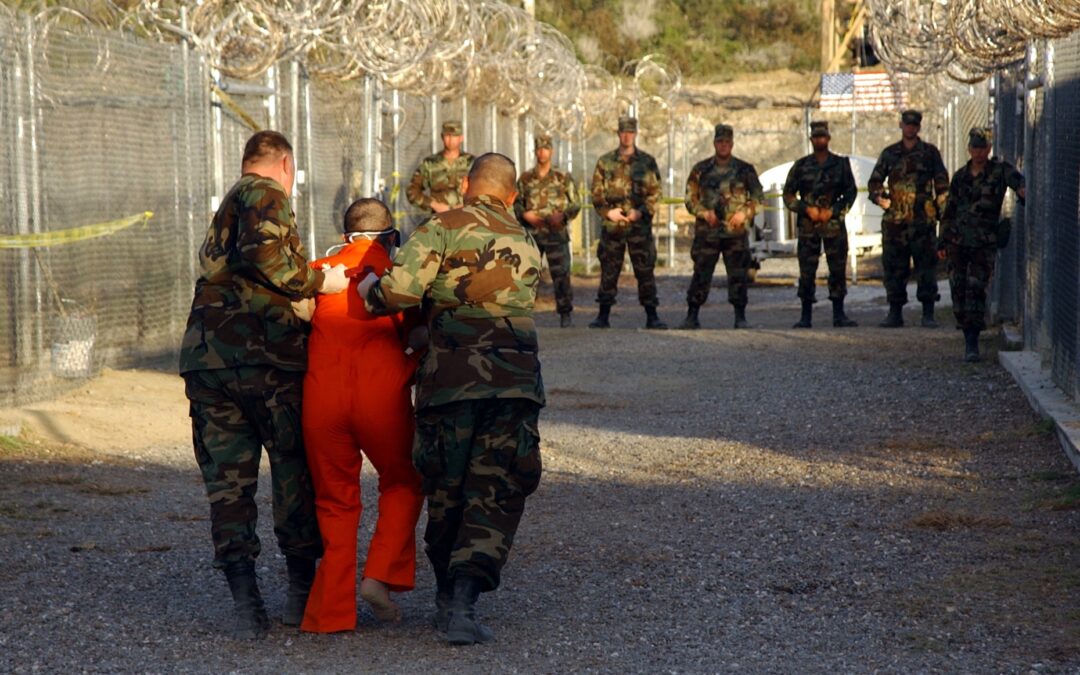
Jul 24, 2014 | News
Today’s judgments of the European Court of Human Rights, finding Poland responsible for violating the human rights of two victims of CIA renditions and secret detentions, involving enforced disappearance and torture, is a victory for the rule of law in Europe, the ICJ said today.
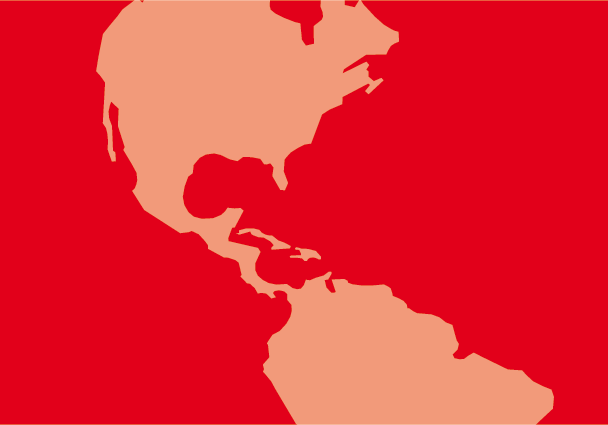
Jul 7, 2014 | News
La CIJ expresa su honda preocupación por la cancelación de las visas a dos voluntarios de las Brigadas Internacionales de Paz.
Descargar: Guatemala-Visa-Brigadas de Paz-news-web story-2014-spa
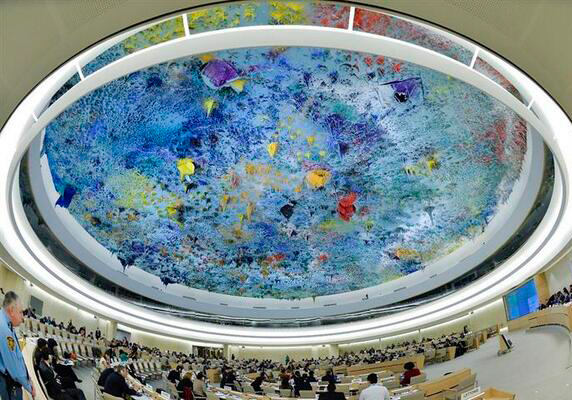
Jun 23, 2014 | Advocacy, Non-legal submissions
The ICJ has delivered an oral statement on the independence of judges, prosecutors and lawyers in Venezuela, at the UN Human Rights Council in Geneva.
Referencing its report, Strengthening the Rule of Law in Venezuela, the ICJ discussed the failure by Venezuelan authorities to respect institutional guarantees for the independence and impartiality of the judiciary and prosecutors, as well as undue interference with individual judges, prosecutors and the legal profession. The ICJ highlighted the lack of security of tenure for most judges and virtually all prosecutors in Venezuela, and how the insecurity is amplified by cases of reprisal such as against Judge María Lourdes Afiuni Mora.
The ICJ urged Venezuelan authorities to take concrete measures to restore the rule of law and ensure the protection of human rights in Venezuela, in meaningful dialogue with civil society, and for other states to encourage Venezuela to do so.
The oral statement can be downloaded in full in PDF format here: ICJ-HRC26-Item4-Venezuela-OralStatement2-Advocacy-non-legal submission-2014
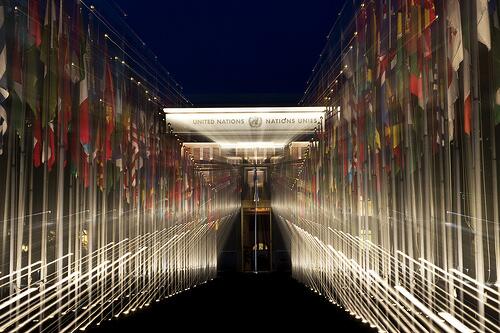
Jun 16, 2014 | Advocacy, Non-legal submissions
The ICJ today made an oral statement at the UN Human Rights Council, in the interactive dialogue with the Special Rapporteur on the independence of judges and lawyers, responding to her report on her visit to the Russian Federation.









